COVID-19 has turned every corner of Denmark upside down. The new reality has put everyone in the organizations to the test, and the demands to act decisively and be adaptable have been enormous in a time of uncertainty and volatility.
Many companies have succeeded beyond all expectations. In fact, there have been many stories of how the crisis has strengthened cross-organizational collaboration, the development of digital solutions has taken quantum leaps and time-consuming innovation processes have been reduced from quarters to weeks.
When so many organizations have been able to demonstrate what can be called 'resilient responses' to the crisis, it now becomes relevant for organizations to ask themselves one question. Can we maintain this newfound adaptability - which we can also call agility - when the dust has settled? Or will the organization, like the wind, sway back to its starting point?
Furthermore, we must ask ourselves: how can we work to turn the lessons learned from last year's resilient response to COVID-19 into organizational learning? We will now give you some concrete ideas on how to do this.
What does agility and resilience mean?
Before we can talk about how the resilient response during the COVID-19 crisis can become agility in 'a new normal', let's first define the two concepts:
- Resilience - The ability to adapt in response to pressures, crises and adversity. Resilience in this definition is not about robustness but about adaptability. It describes a reactive competence where an organization is able to respond competently to external pressure in the current moment.
- Agility - The ability and courage to read and act on changing circumstances with a broad repertoire. Agility in this definition describes a proactive competence where an organization is able to read and act in a timely and competent manner in a given situation.
At first glance, the two concepts may seem relatively similar, but the important difference lies in resilience as a reactive competency and agility as a proactive competency (Pulakos, 2019).
That is, where resilience is a reaction to pressure and resistance such as COVID-19, in the agile organization there is no requirement for the presence of active resistance or external pressure to be adaptive.
"The agile organization is inherently learning and innovative - continuously reading its situation and agilely adapting to changing circumstances" (Pulakos, 2019; Snabe & Trolle, 2018).
Can we learn anything special from COVID-19?
It is interesting to look at COVID-19 from the perspective of these two concepts, as both private and public organizations nationally and internationally have struggled for years to become more agile due to rigid silo structures and heavy governance mechanisms.
During COVID-19, however, many organizations report that they have managed to demonstrate a resilience and adaptability that previously seemed unthinkable.
On the premise that agility has been a core organizational competency to master even before COVID-19, there can be little doubt that in an ever-changing world, we need to develop stronger organizational competencies with a focus on proactive agility, learning and innovation.
JOIN OUR COURSE
Build wellbeing and trust despite the distance
The "Managing Virtual and Hybrid Work Communities" course gives you the essential tools to increase productivity and well-being through remote management.
This is a course for those who work in management and want to know how to achieve strategic goals as an individual or organization through virtual collaboration.
How can we cement this learning?
However, there is a challenge. The fact that an organization momentarily exhibits the ability for resilient responses under the pressure of COVID-19 is no guarantee that this experience can be translated into truly transformative organizational learning. It takes much more to translate individual resilient responses into long-term and strategic agility for an organization.
The risk that we, like the wind, sway back to our starting point of fixed patterns and heavy control mechanisms is overwhelmingly high, and all research in behavioral psychology indicates that we have a tendency to revert to old habitual patterns when danger drifts over.
Based on this, we can conclude the following points:
- The COVID-19 crisis has provided many organizations with positive experiences of resilient responses to unforeseen challenges under the pressure of a pandemic crisis.
- These experiences create an open window for transformative organizational learning - fundamental changes to the practices of leading, organizing and collaborating.
- However, translating these lessons into strategic agility as an enduring organizational competency requires a great deal of management attention.
So, as we stand on the cusp of lifting the last COVID restrictions in our society, it becomes imperative for the leadership of our organizations to step up to the plate and embed the learnings from the crisis to best prepare for a new normal, where those who translate their resilient responses into long-term strategic agility get off to the best possible start.
What can you as a leader consider to create a more agile organization?
- Strategy: Do we as an organization have a strong purpose and is there alignment between our purpose and the value we create for our customers?
- Structure: Are we rigidly structured or can we reorganize if/when our customers' needs change?
- Processes: Are we working towards a few, clearly articulated priorities or are we chasing too many goals?
- Leaders & employees: Do we have a culture that values psychological safety, collaboration and learning, or do we have a zero-defect culture that only values individual performance?
- Technology: Do we have the right technologies available to enable us to collaborate most effectively and attract the best talent?





